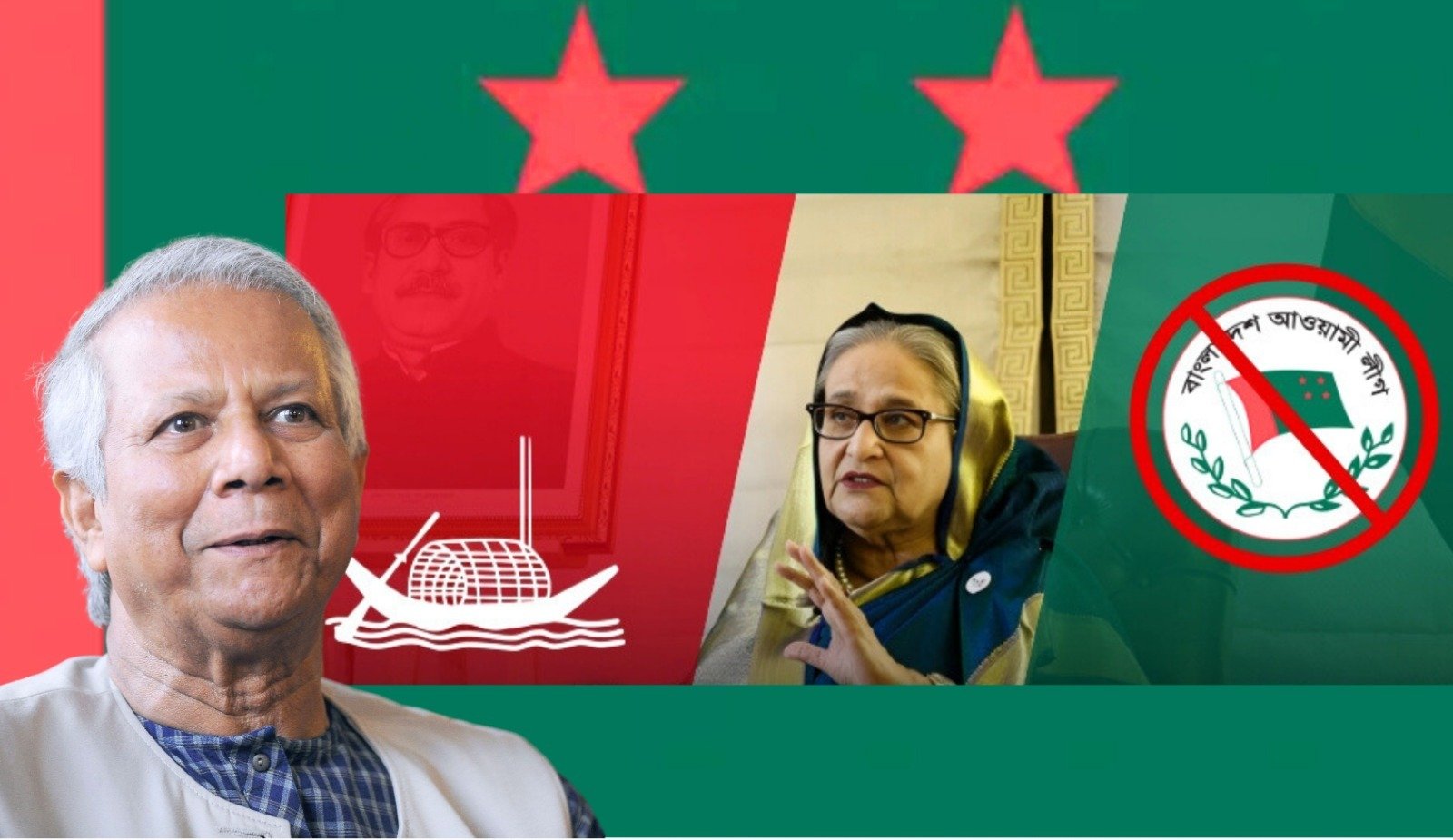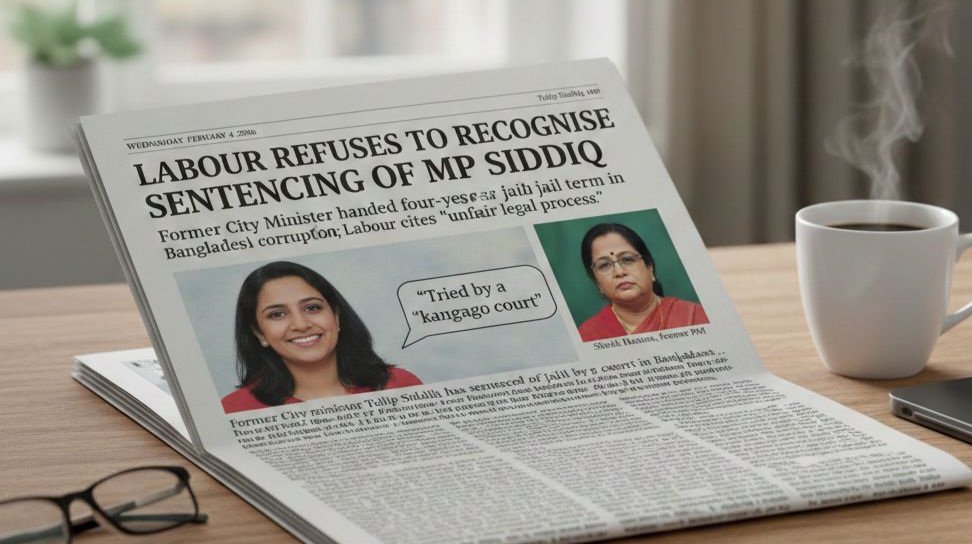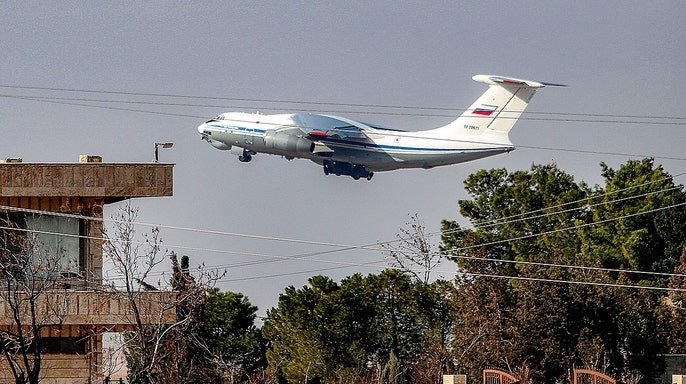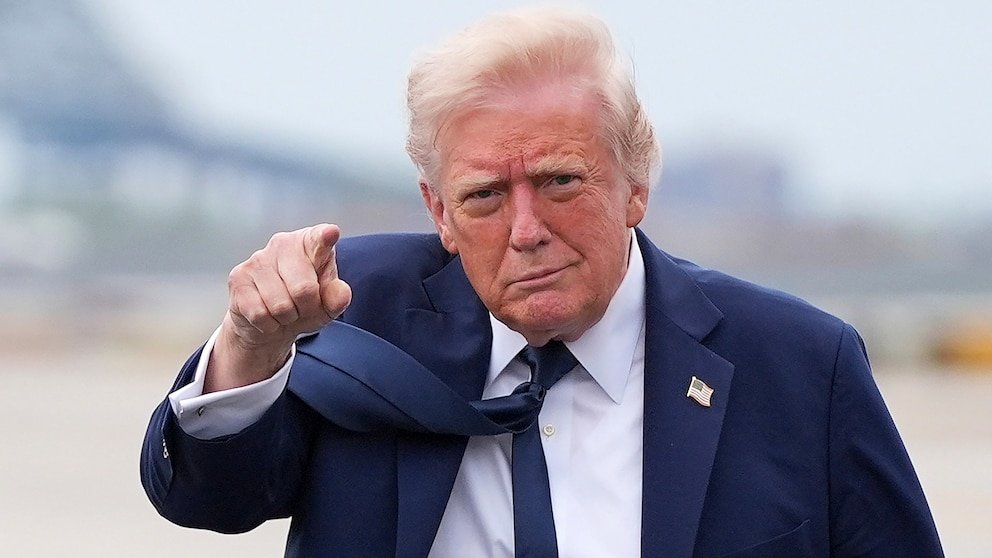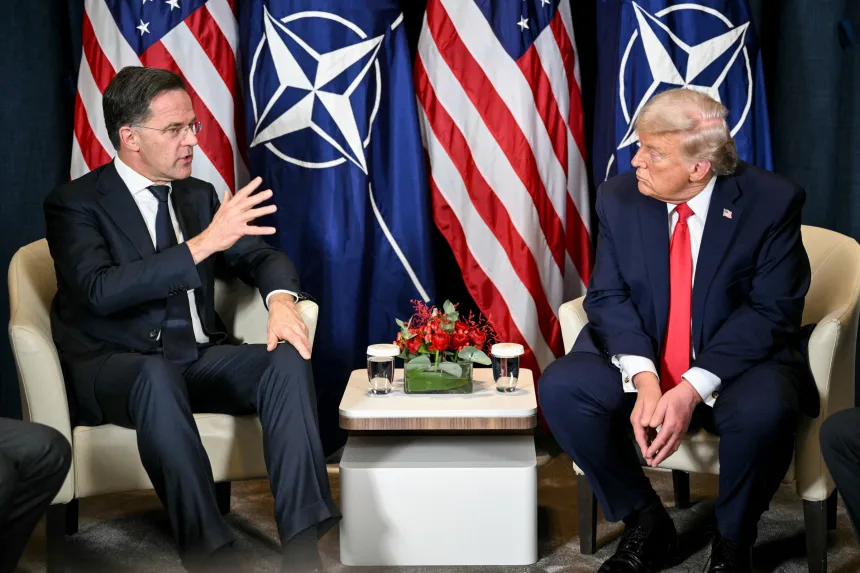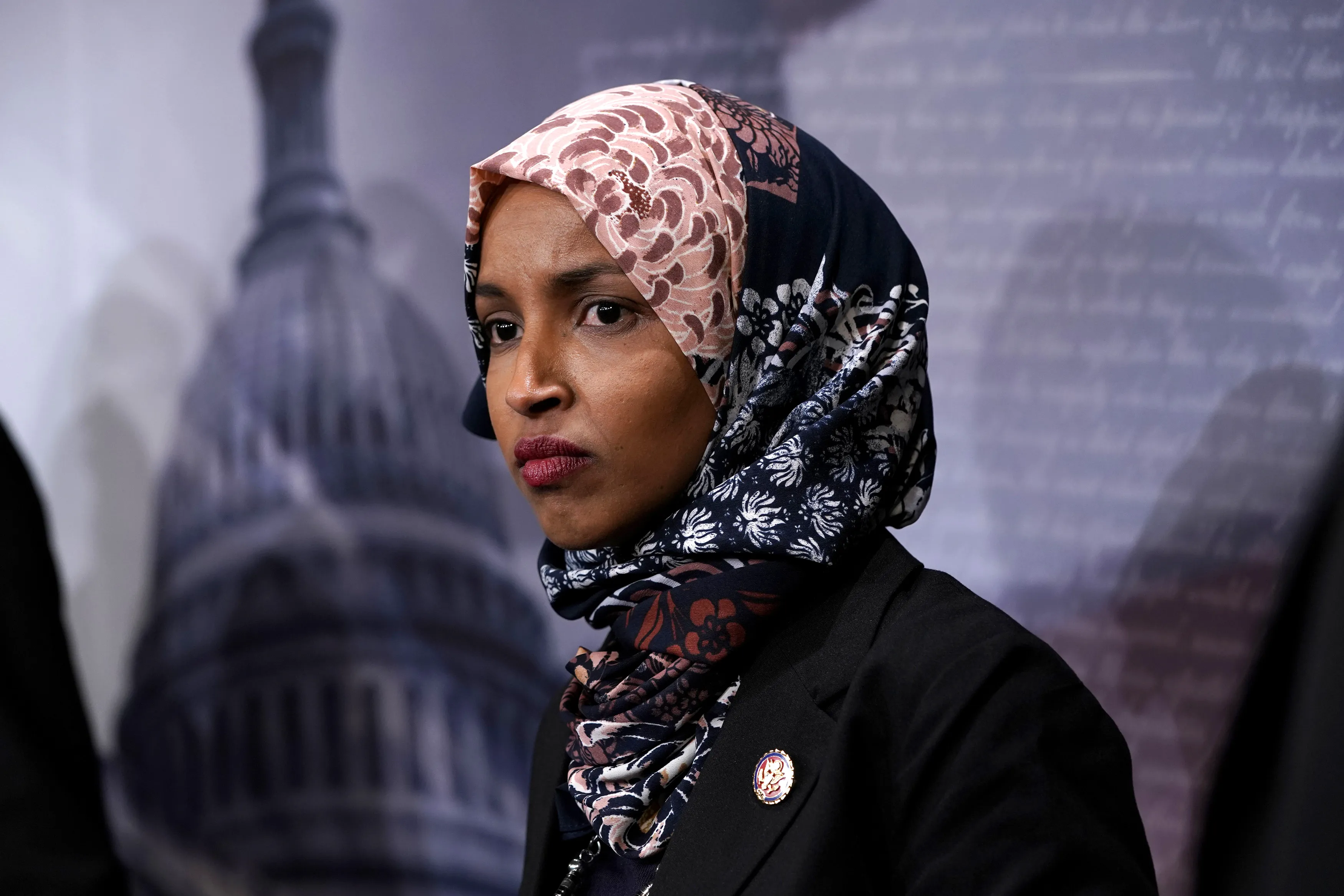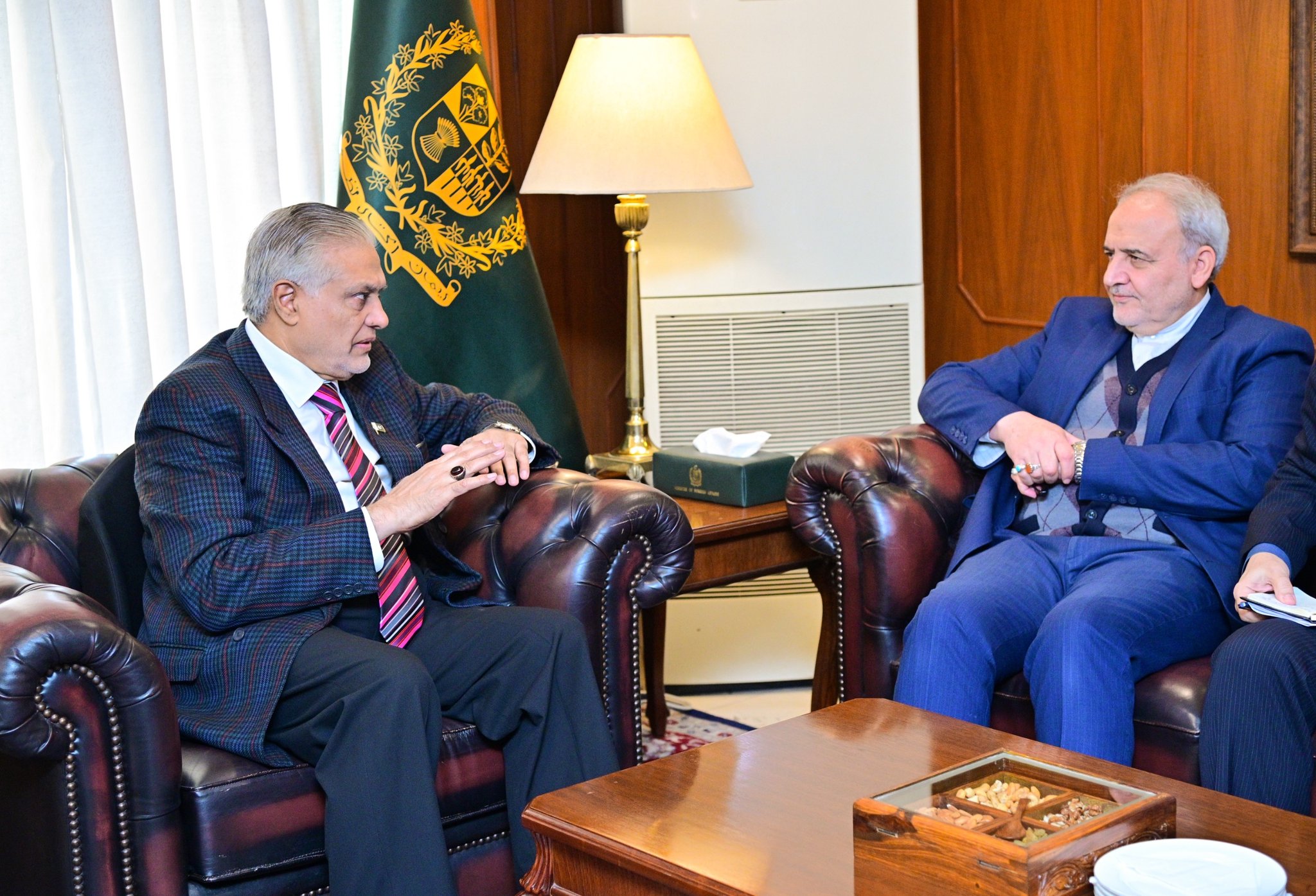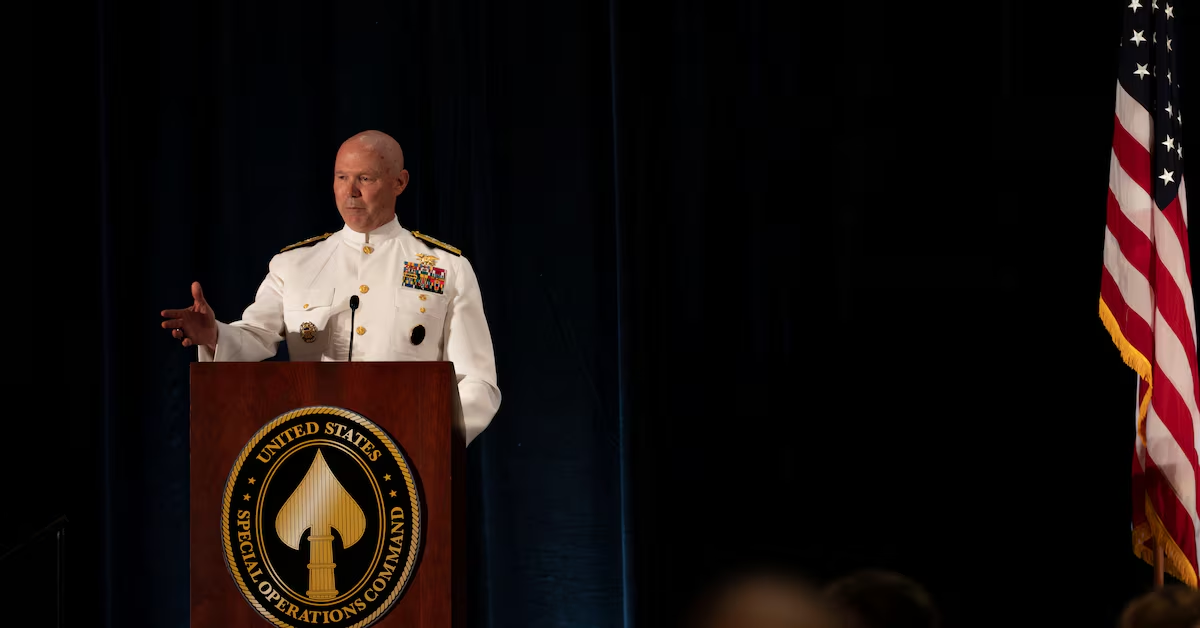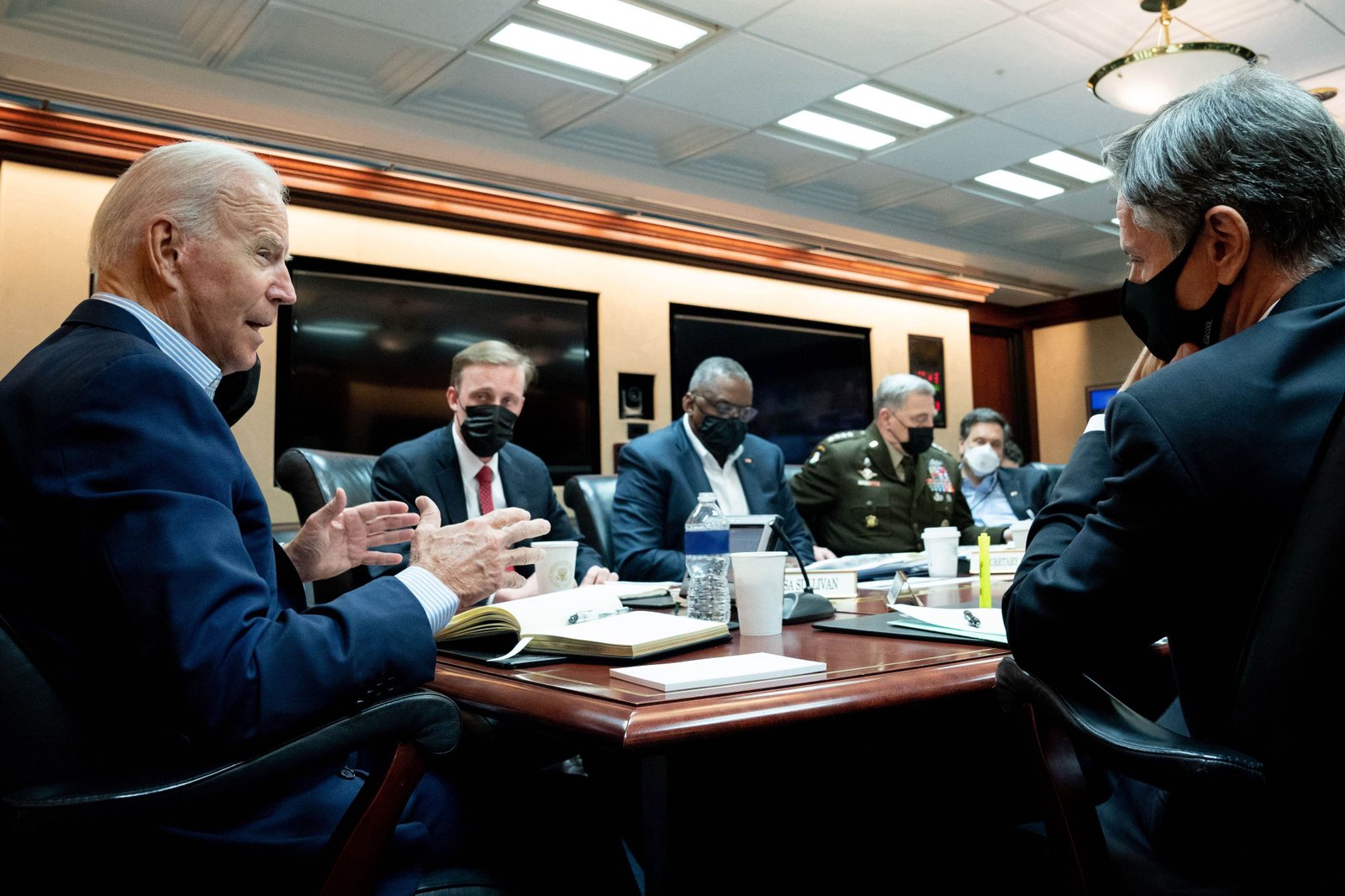"Interim Government Undermining Freedom of Expression with Ban on Awami League" – Human Rights Watch
The international human rights organization Human Rights Watch (HRW) has stated that the recent actions of Bangladesh’s interim government pose a serious threat to fundamental freedoms and human rights in the country. In a detailed report released on Wednesday, the organization reported that instead of focusing on criminal justice reform and accountability for past human rights violations, the current government is resorting to policies of political repression.
"Interim Government Undermining Freedom of Expression with Ban on Awami League" – Human Rights Watch
"Interim Government Undermining Freedom of Expression with Ban on Awami League" – Human Rights Watch
Dhaka, Bangladesh | May 22, 2025
The international human rights organization Human Rights Watch (HRW) has stated that the recent actions of Bangladesh’s interim government pose a serious threat to fundamental freedoms and human rights in the country. In a detailed report released on Wednesday, the organization reported that instead of focusing on criminal justice reform and accountability for past human rights violations, the current government is resorting to policies of political repression.
According to the report, on May 12, the interim government imposed a “temporary ban” on Bangladesh’s historic political party Awami League using a new and stricter amendment to the country’s Anti-Terrorism Act. This ban halts all of the party’s publications, meetings, online campaigns, and organizational activities. The report states, “This ban effectively criminalizes the party.”
Meenakshi Ganguly, HRW’s Deputy Asia Director, said,
“In the past, the Sheikh Hasina government misused state laws and power to suppress opposition. Now, the same repressive methods are being used against supporters of the Awami League, clearly violating fundamental freedoms and the right to free expression.”
She further added that the interim government had promised to investigate enforced disappearances and extrajudicial killings that occurred under Sheikh Hasina’s rule. However, the government is now deviating from that promise and instead choosing the path of political retaliation.
Repression, Not Justice?
According to HRW, the 1973 International Crimes (Tribunals) Act has been amended to allow the tribunal to prosecute political organizations and dissolve parties, which may violate international standards. Under the new definition, even individuals or groups supporting a banned party can be considered criminals.
The report states that such measures are a direct attack on freedom of expression and association, potentially legitimizing widespread political repression.
The report also reveals that in recent times, lawyers, actors, singers, and political activists have been arrested solely for showing support for the former government led by Sheikh Hasina. Prosecutors have defended these arrests by labeling such support as “support for fascist rule.”
HRW explicitly urges the interim government to:
-
Protect freedom of expression and association
-
Ensure trials of offenders are based on credible evidence
-
Take action based on the enforced disappearance investigation commission’s report
-
Remove accused members of security forces from duty
-
Disclose the fate of those who disappeared
It is worth noting that on August 5, 2024, following a mass student and public uprising, the Sheikh Hasina government fell, and an interim government was formed under the leadership of Dr. Muhammad Yunus, which promised to hold free and fair elections. However, according to HRW, the recent bans are inconsistent with that commitment. ✍️ Report Prepared By: Fozla Rabbi Robna


